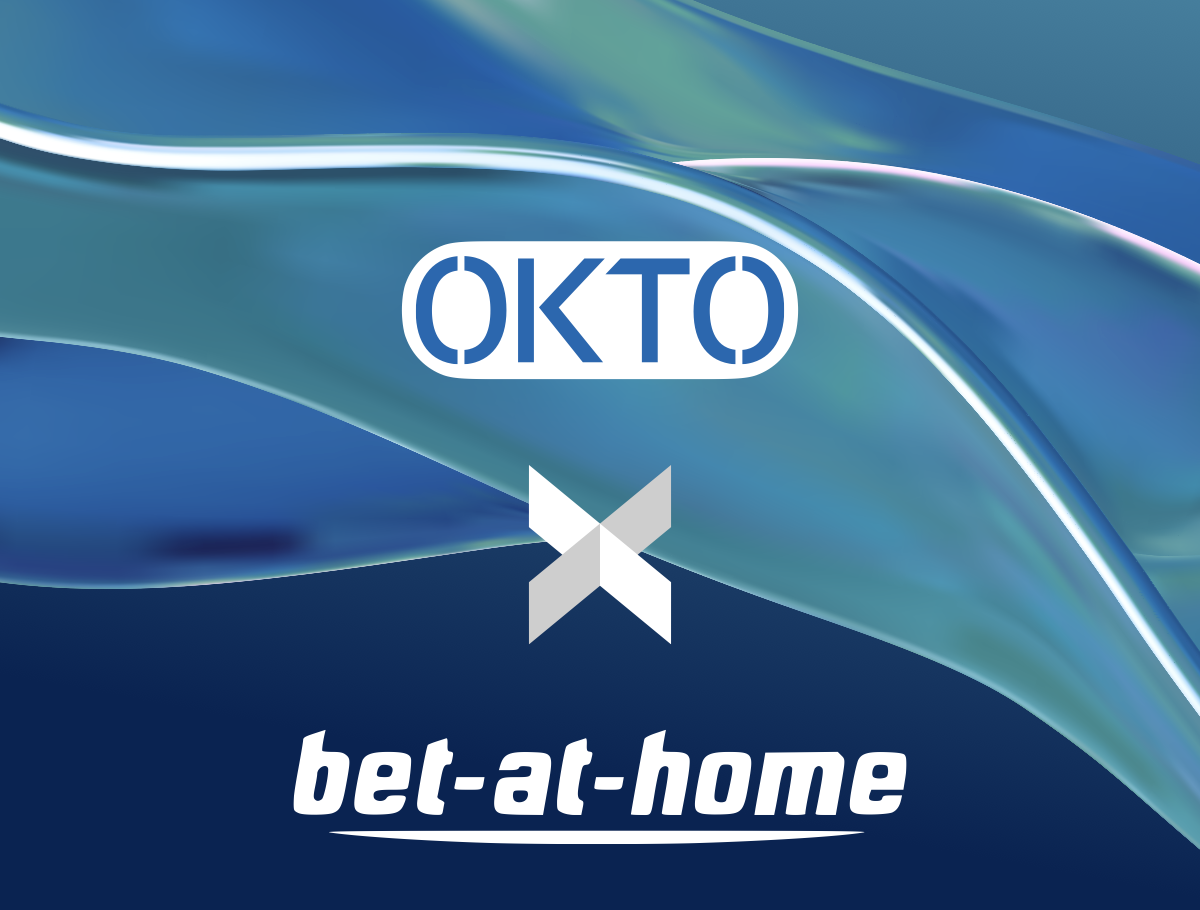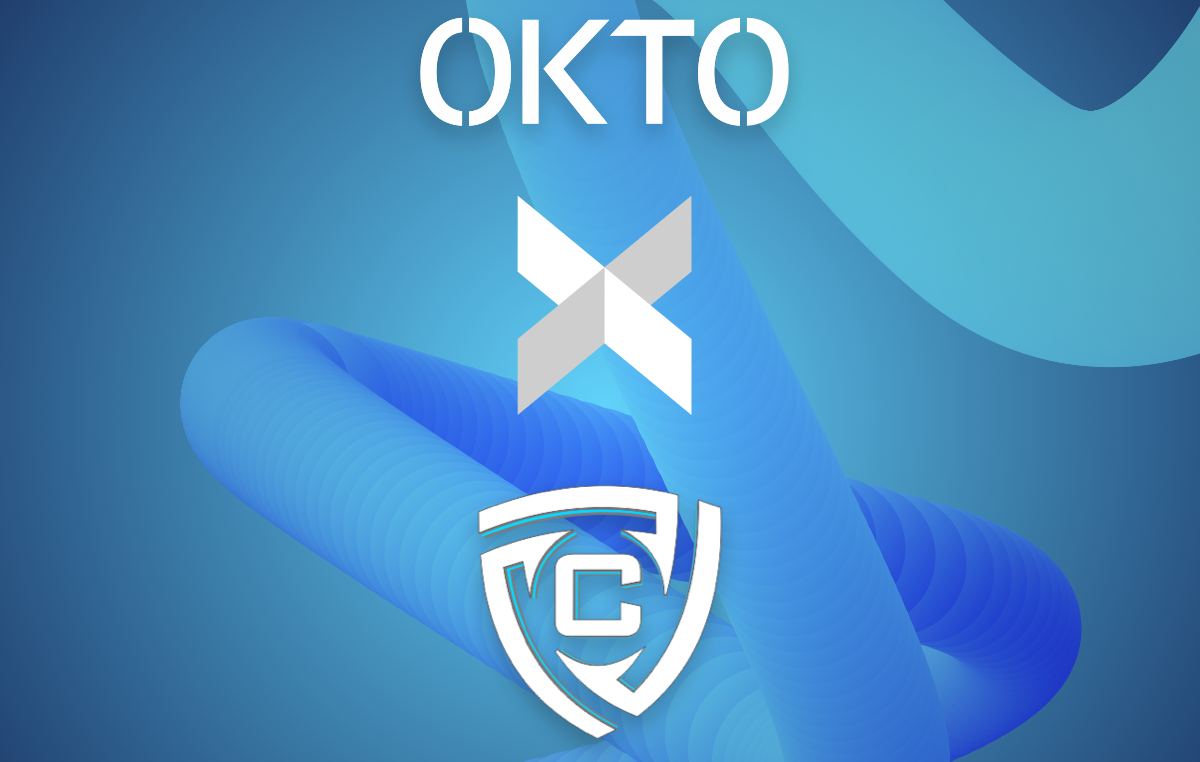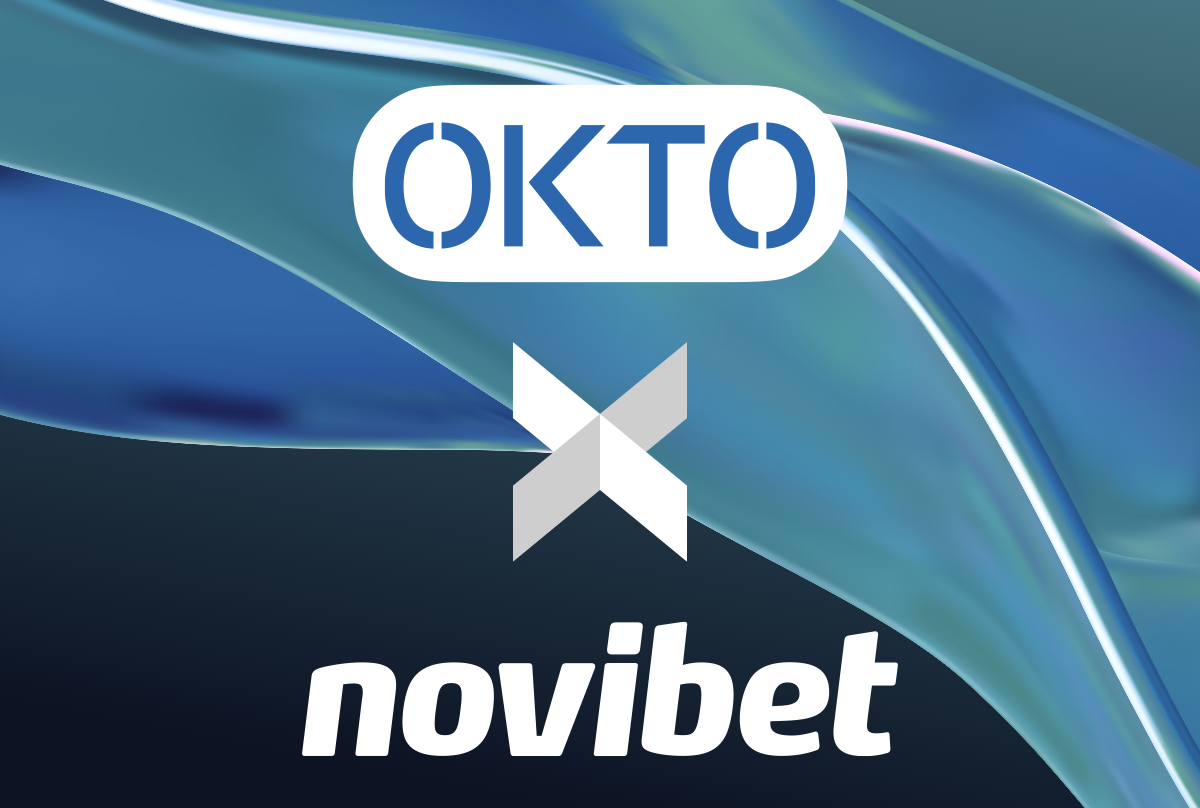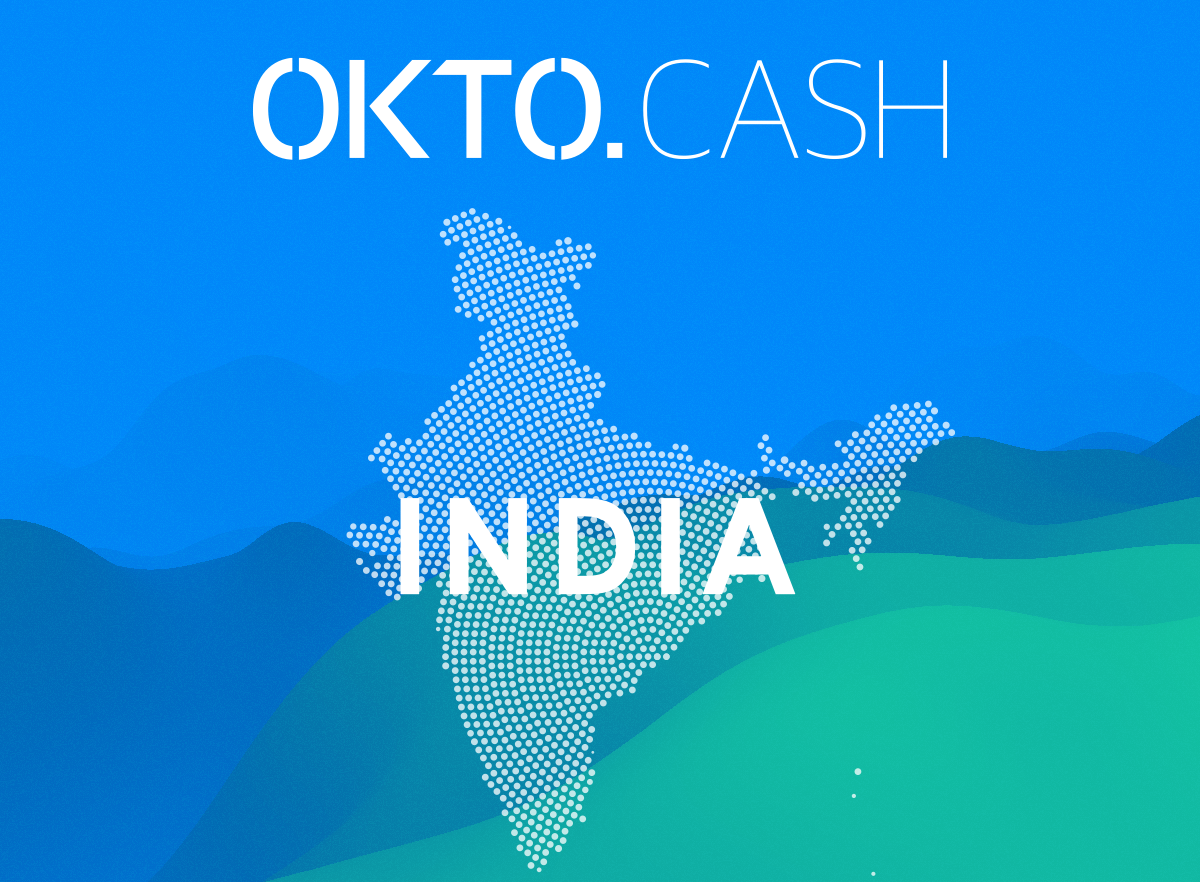EG: What did you enjoy most at CEEGC?
SD: This was my first time attending the CEEGC and when the team asked me to join a panel on the latest innovations in payments and gaming – I knew I’d be in for an remarkable event. We had a lively fintech discussion on all things blockchain and how mobile payment technologies can spell a new era for betting and gaming.
The content throughout the event was high quality and insightful, along with the attendees, who made my time in Budapest thoroughly enjoyable. I am looking forward to progressing the business relationships we formed during CEEGC into long-standing partnerships.
EG: What lies ahead for OKTO in the CEE betting and gaming scene?
SD: With populations that are growing increasingly tech-savvy and proving to bequick adopters of innovations in mobile technology, Central and Eastern European markets are a major focus for us. The challenge we see in the region – and one that we are well positioned to address – is delivering a mobile, omni-channel payments journey. Gaming and betting are major industries in CEE countries, but at the same time, one where the speed of innovation has not kept pace with advancements elsewhere.
Our OKTO.WALLET is targeted at providing a journey which eases the transition to an entirely paperless retail betting experience. It is clear through discussions at the event that there is real appetite for OKTO’s fully digital solution, which we have tailored to tackle the niche challenges in the region. The next wave of payments disruption is here – and we’re glad to be leading the charge.
EG: What innovation will capture the most attention in 2020?
SD: For OKTO, the future is absolutely mobile. The wallet revolution has already taken the world by storm, as we see Revolut and Apple Pay achieving high adoption. Gaming and betting operators are now interested to understand how they can leverage our OKTO.WALLET in operations. The next generation of betting customer wants to have the freedom of choice to place their bet both online, via his favorite operators, while also being able to do the same within the shop, through the same payment channel.
We’ve worked hard over the last year to develop a product that, not only reduces cash handling costs, but also speeds up the flow of transactions and delivers a better player experience.
EG: Where do you see an opportunity in the CEE market?
SD: Over the past 10 years, the CEE market has matured immensely, which is largely due the development of formal – albeit fragmented – regulatory regimes. The challenge for operators now lies in navigating the complex web of compliance requirements, whilst at the same time avoiding a fragmented customer journey.
The onboarding process is exactly where payment providers such as us can deliver real benefit. With the relevant licenses to provide an end-to-end service, we enable our partners to unlock a wealth of rich customer data, whilst being fully compliant with local anti-money laundering, data protection and gaming laws. Being able to optimise identification processes in a compliant and cost-effective manner will be a strategic advantage for any business – and that requires state-of-the-art technology and multi-layer security to ensure the process is fast, secure and frictionless for the customer.
EG: Any lessons learned that you’d like to share with others?
SD: The CEE market is diverse, both in terms of customer preferences and different regulatory climates. In this framework, the key is having a payment system that is interoperable across channels, flexible to different environments and can respond to change. Our objective has been to solve the challenges retail operators face today with a solution that is designed for the mobile world.
The region promises to be fascinating in terms of growth, particularly as smart-phone penetration becomes widespread and technological advancements unlock even greater capabilities. It is those that act on mobile innovation now that will become the market leaders of tomorrow.








